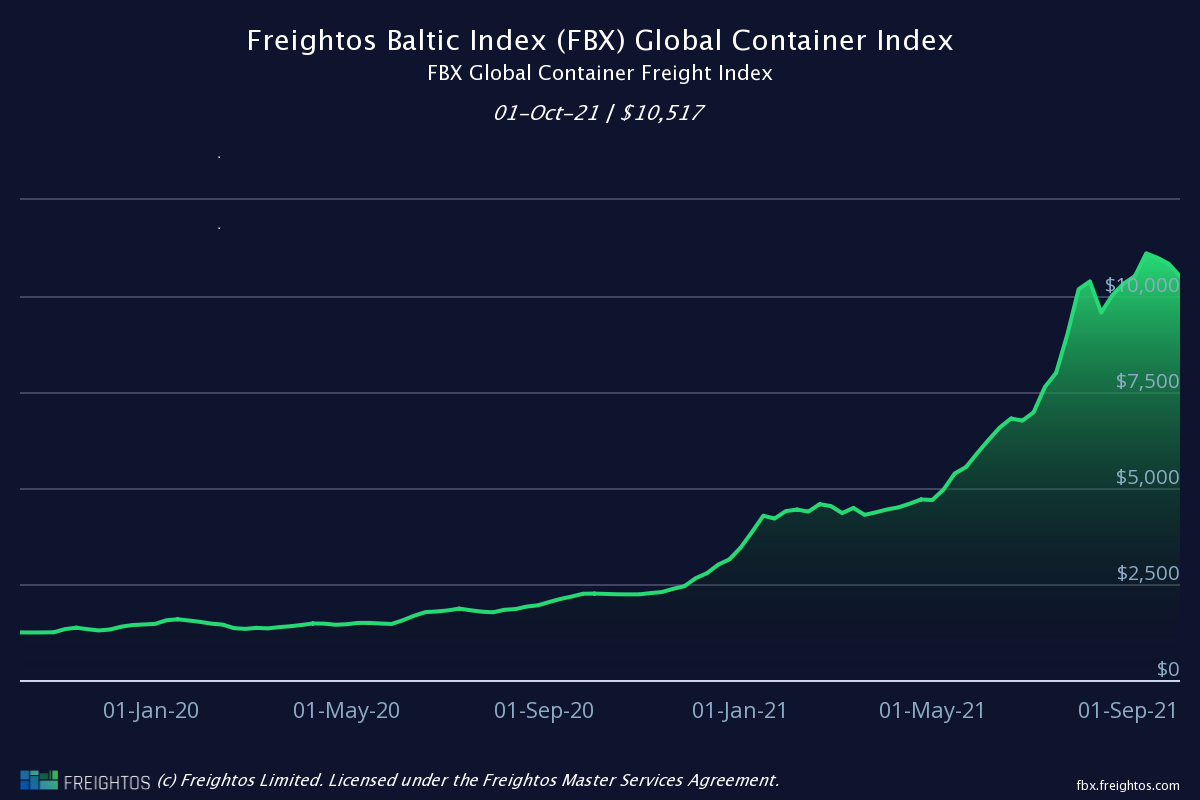Moving during a pandemic. What are the repercussions for me?
The recent pandemic outbreak has been a huge game changer for so many people around the world. It affected everyone, from individuals to entire industries. There was no escaping from this, regardless of whether it resulted in positive or negative outcomes.
This article focuses on the impact that the pandemic had over the logistics sector and, in consequence, on the international removals industry. What are the repercussions for you and those who will be moving overseas during these peculiar times?
Here we will discuss in particular the effects of the pandemic over the shipping of household goods by container sea freight.
Overseas relocation
In most cases, your personal belongings when moving overseas are shipped in a container. You could either have your own container or share one with several shipments from various clients. The common denominator here is the container, necessary for the shipment.
Most of these containers are owned by shipping companies. An international moving company is the one who rents a container from a shipping company for the transportation of removal goods. They are also responsible for booking a spot on the ship that carries the container to the country of destination.
Containers
During the pandemic, shipping companies experienced a shortage of containers. This was caused by a shift in consumers’ buying behavior. The amount of purchase orders spiked as people were spending a lot of time at home. The Stay-at-Home movement gave people the opportunity to:
- Renew the furnishing of their homes
- Set up comfortable working stations
- Purchase items to improve wellbeing
As we were not able to travel or even go out much, not only did we have extra budget to spend on new things.
This change in demand created the perfect storm for the container transport sector. Especially in China, the world’s largest production country, there is a serious shortage of containers for the exporting of all their stock. The consequences are unprecedented: waiting periods have stretched to months, and there is a fivefold increase in transportation rates.
Other countries such as Australia and New Zealand have been completely cut off from the rest of the world. These locations have a huge backlog of international logistics, with waiting periods continuously expanding.
Shortage of ships
At the beginning of the pandemic, production in China was brought to a standstill. Due to the loss of cargo, shipping companies withdrew ships from their fleets. Once production resumed and demand soared, there were no ships available. It took months before these ships were taken back into service. Shipping companies are currently expanding their fleets, but it will take a long time to reach the necessary standards.
In the transit port of Colombo alone there are 50,000 containers waiting to be shipped.
Shortage of containers
It has already been more than eighteen months of the shortage of containers resulting from the pandemic. This is putting more and more pressure on the logistics chain, which can be a major inconvenience for your international move. Be prepared for long waiting times and higher prices.
All shipping companies are facing these shortages. In addition to the significant rise in buying demand, the shortage is also due to the fact that many empty containers are in the wrong place.
Every three full containers shipped from Asia, only one full container returns. Many empty containers are waiting at the port. Shipping companies are doing everything in their power to get the empty container to the right place. The cost involved in shipping empty containers will be reflected in the final price that the consumer has to pay.
Due to the boost in the demand of containers, their production and price have increased. The production of shipping containers, which mainly occurs in China, has escalated from 300,000 to 440,000 units per month. At the same time, there has been a shortage of raw materials (aluminum) and labor. This has made the manufacturing process more challenging and expensive.
To purchase a 20-foot container, the shipping company now spends 2,500 US dollars, as opposed to the 1,600 US dollars paid last year. Source: China Container Industry Association
The issues with international logistics were magnified when the Suez Canal was blocked by the grounding of a ship with 20,000 containers on board. Though unrelated to the pandemic, this event did not make things any easier. The industry suffered extra monthly delays. Source: Volkskrant.nl
Repercussions for you
If you are currently planning to relocate your belongings to a new destination, keep in mind that you may have to deal with a different schedule and higher prices.
Whenever you or the international moving company are ready to ship your consignment, there might not be a container available. Be prepared to be flexible with your desired timeframe.
In addition to the waiting period, the price of sea freight might be considerably higher than the quoted cost agreed upon. The terms and conditions usually mention that the moving company will charge you for any unforeseen sea freight increases.
Transit time
Once the container with your shipment is sailing, there is no guarantee that it will arrive in accordance with the expected schedule. There are cases when the container is unexpectedly set aside on the quay in a transit port along the way. This usually happens when an influential party has offered an attractive sum for a place on the vessel that could not be refused.
“The European umbrella organization for freight forwarders, Clecat, called the behavior of shipping companies ‘excessive and frustrating’. Everyone is at the mercy of the shipowners, without the means to correct their behavior.“ Source Thomson Reuters
As frustrating as it is, we advise you to be patient and have faith that your belongings will arrive at your new home. It will just take longer and be more costly than expected.
Price
Many factors affect the price of ocean freight, which has increased dramatically. In fact, the freight rate on the Shanghai-Rotterdam trade route increased by 34 per cent (from US$2,276 to US$8,882) for a 40-foot container between late December 2020 and early January 2021. The prices for transporting a container have thus risen by 282 percent in 12 months time. Source: Drewry

Bron: Freightos
Documents
Apart from the complications around the physical relocation of your belongings, you might also encounter delays when applying for the necessary documents required for the clearance of your shipment.
In many countries, counters have been closed. Requests for paperwork from government agencies have been significantly delayed across the world.
Keep this in mind when applying for work permits, residence cards and any other necessary documents. Get in touch with your point of contact at your international moving company to discuss in detail which documents are needed for the clearance of your goods. The more informed you are about the processing times of the application of these documents, the better prepared you will be.
Entry
The world is slowly reopening its borders to business travelers and tourists. In many countries, entry regulations are becoming less strict. However, this does not apply to every case. We strongly recommend that you carefully check which rules apply in your country of destination, as not every place is accessible for travel. The opening of all borders will still take months. This may also delay your physical arrival in the country of destination and the request for some documents for which you need to apply in person.
Conclusion
It is clear that the world has changed in many ways. With regards to international moves, the scenario is undergoing some adjustments which can result in new challenges for individuals and companies. But other than the extended waiting times and higher prices, there are no major reasons for concern. We hope this article has provided you with an insight on how the global situation has affected the international logistics field and what all international moving companies like us are currently dealing with.
To conclude, we want to share a practical tip to make things a bit easier: consider taking extra luggage on your flight to the country of destination. This extra cost outweighs the inconvenience of waiting for months for your personal belongings to arrive.
Expect delays and take them into account when planning your trip. Renting a furnished, temporary home while your shipment is in transit is a good idea that can save you a lot of stress.
We understand the frustrations triggered by longer timeframes and higher costs. Our team is at your service to make the experience as quick and smooth as possible. You can rest assured that we will assist you professionally and wholeheartedly.
We thank you in advance for your understanding and flexibility.
With best regards,
Management Windmill Forwarding.
